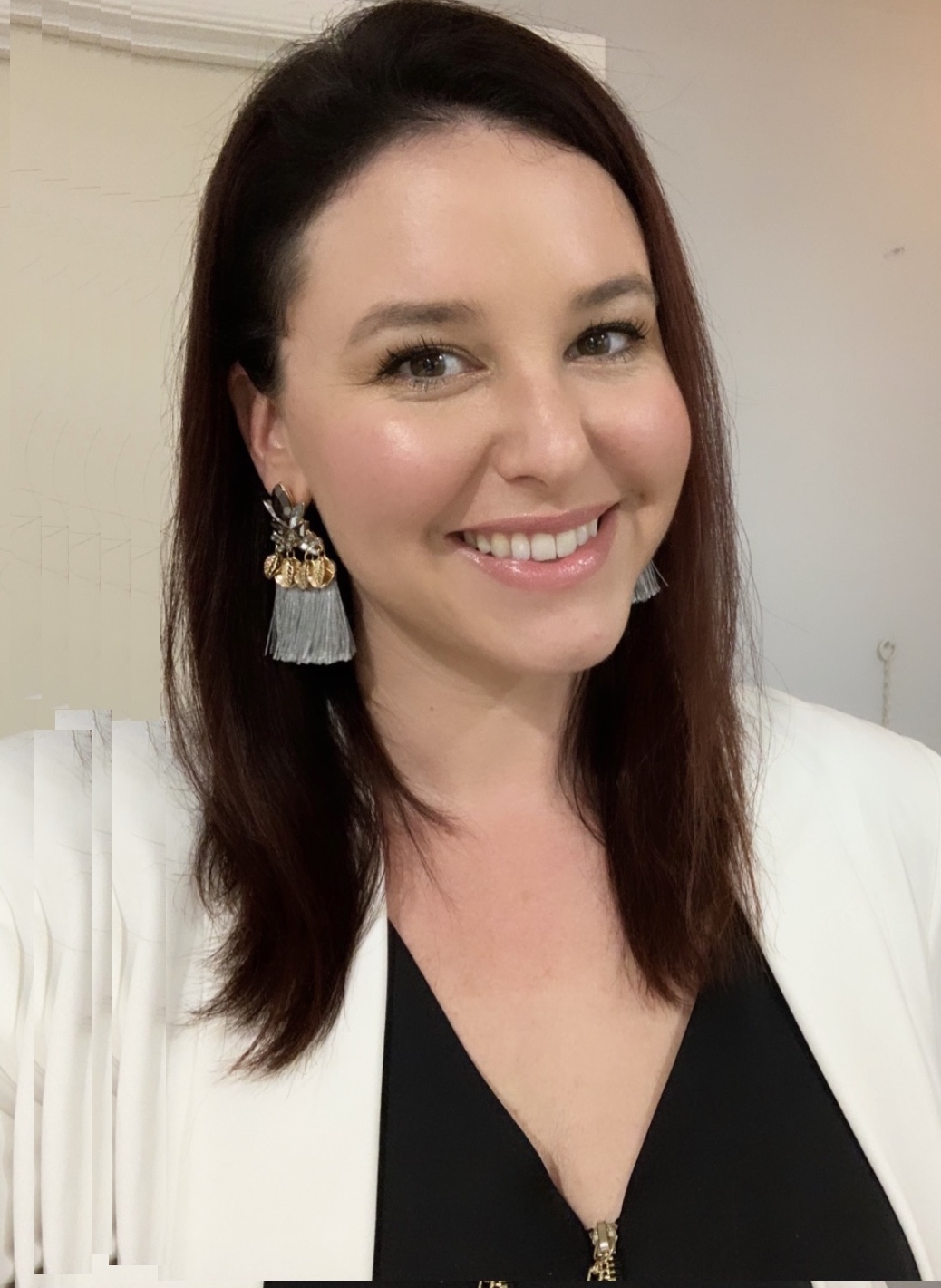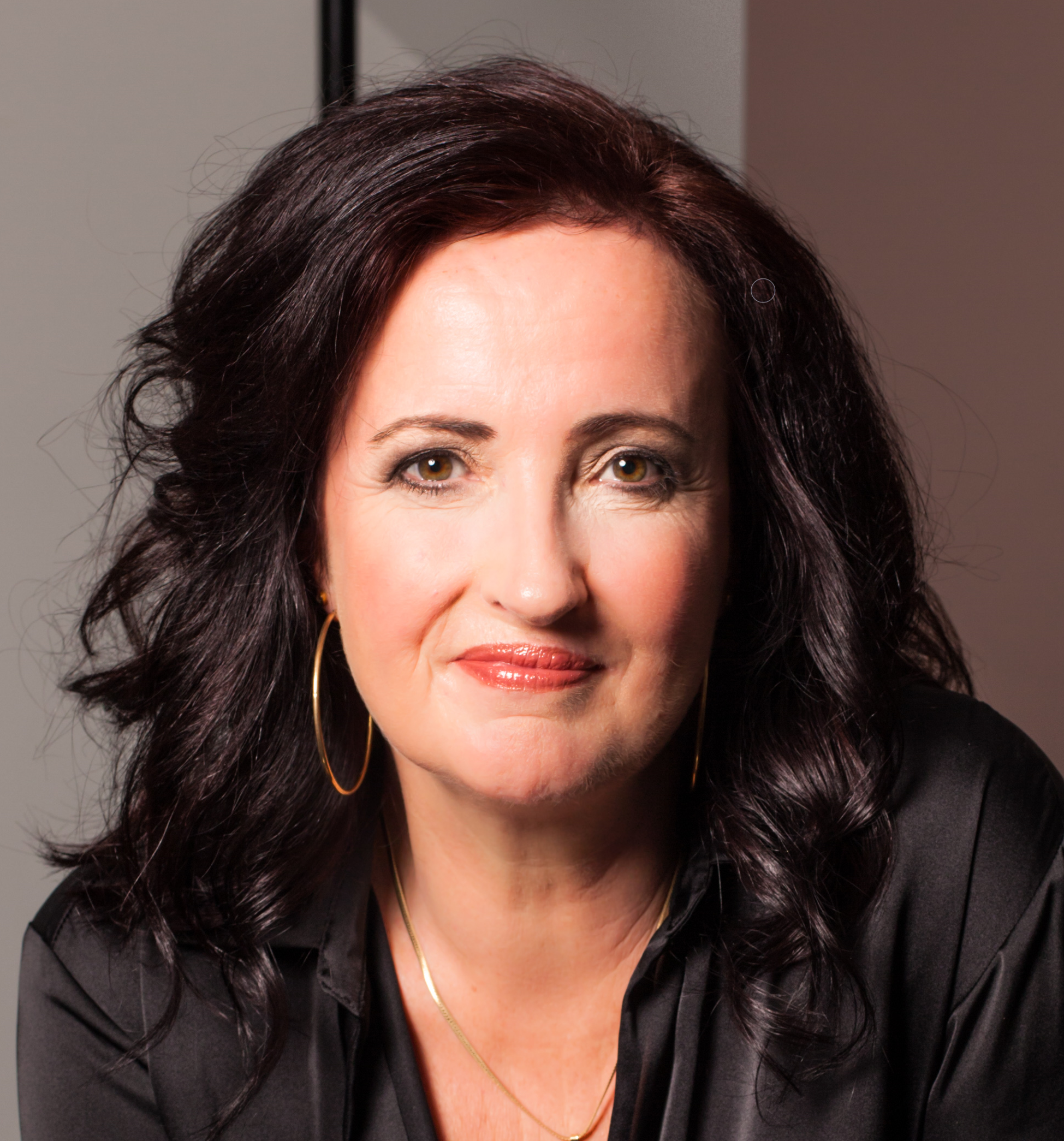Finding your financial feet after a fall in fortunes
In these uncertain times, knowing how to pick yourself up after a financial setback is crucial
Floods, bushfires, a pandemic, a cost of living crisis and even a mouse plague — there has been a lot to contend with in the past few years which has rocked our financial stability. And that’s before we add in the human elements of relationship and health breakdowns.
But while it may feel like there is no recovering from a bankruptcy, the loss of your home or the closure of your business, the experts want you to know one thing – you can survive a financial setback.
For more stories like this, order the winter 2023 issue of Kanebridge Quarterly here.
Sandra Blake has spent decades counselling Australians who have faced every type of financial strain and setback. And since March 2020 — when the Small Business Debt Helpline was established following the 2019 floods in Queensland and the 2019-20 Black Summer bushfires in NSW — Blake has turned to helping small business owners.
“Many of our (small business) clients have been affected by multiple disasters — mouse plague, bushfires and drought — but also changes in their personal relationships which can lead to health or mental health problems,” Blake says. “Also, changes in the economy, which has meant their consumer clients have less income to spend, has affected them.
“We speak to suicidal people regularly and unfortunately that seems to be happening more frequently.
“But I want people to take away one message: sometimes it may seem like there are no good options available to get you out of your situation, but there is always a pathway out — always.”
The rate of personal insolvencies — a legal agreement you reach with your creditors to pay an agreed amount of your debt over a period of time if you can no longer afford to pay the full debt — increased in January, according to the Australian Financial Security Authority. There were 772 new personal insolvencies in January, up from 612 in December 2022. Of those, 414 were bankruptcies and 344 were debt agreements.
Mortgage stress, which is considered to occur when 30 to 35 per cent of your household income goes towards the mortgage, is also on the increase. With more than 10 interest rate hikes since April 2022, it is estimated more than 1.3 million Australians face mortgage stress, according to financial services company, Octivo.
A survey by comparison site Finder also reported four in five people were stressed about their financial situation in March.
So, what can you do if you find yourself suffering from debt or facing a financial setback? Finder’s money expert Sarah Megginson says you need to first know exactly where you stand financially before you can find a way out.
1) What is the state of play: “Drawing up a budget can help you prioritise your expenses and allocate your resources effectively,” Megginson says.
2) Ask the tough questions: “Can you negotiate your way out of this by offering to make part-payments or establish payment plans,” she asks. “Are you looking at bankruptcy and if so, what does that look like and what impact will it have on your lifestyle?”

But even those two starting points sound a little easier said than done. Blake says you don’t have to do this all yourself. A financial counsellor can offer free and completely anonymous help and they are highly qualified in the area of financial recovery.
“There are lots of ways we can help; we can help you create a payment plan with your creditor or even enter into an informal debt agreement which in most instances comes with a debt reduction,” she says. “For example, you can negotiate with your creditor to pay $12,000 out of the $20,000 debt in a payment plan.”
She says this is where it’s handy to have a financial counsellor who can negotiate on your behalf.
“A utilities or telco company may not accept a debt reduction plan from an individual, but they may accept one from a financial counsellor because enlisting the help of a counsellor shows that person has a genuine commitment to getting out of debt,” she says.

Jane Monica-Jones is a finance therapist, so she’s a mental health practitioner rather than a financial counsellor, and often works with people who face chronic financial problems. She says the psychological recovery is key.
“A significant hit not only ruptures your financial situation but ruptures your mental health,” the co-founder of the Financial Wellbeing Company says.
“As circumstances change externally, like with your finances, it can wobble your sense of resilience and confidence,” Monica-Jones says.
“I help people fight chronic financial strain, not crisis strain. I try to stabilise them, to help them once they have weathered the immediate crisis, but may find that they’re still not thriving. We build on what is working in their life; I tell them ‘you got on this call today, you got the kids to school – all of that is working.’”
She says it can help to focus on the small picture, not the big one.
“The work I do operates hand in hand with a financial counsellor, we assist different parts of the person’s financial setback.”
Starting afresh
Espen Harbitz’s boutique hotel, restaurant and bar, The Oriana Orange, was open for three years when Covid hit. Like thousands of regional business owners, Harbitz took a financial hit when he had to close his doors for a three-month shut down — not once, but twice.
But the savvy businessman from central NSW, who credits himself with always looking for the positive, took the closure as a chance to re-evaluate his business.
“Having to close the doors gave me the opportunity to re-evaluate my business structure and create a very clear plan for the opportunities ahead of us,” he says. “It gave me the chance to do things that would otherwise have been too difficult to do.
“I had the hotel bathrooms re-tiled and renovated and the outdoor bar space incorporated into the indoor bar area, doubling the space.
“It also gave me the chance to look at how best to celebrate the seasons in Orange and incorporate that into the business, like outdoor fire pits for the garden in winter.”
The downtime risks paid off.
Harbitz was able to expand his business — which includes the 50-room hotel, a bar with two saloons, a 90-seat indoor restaurant and a 200-seat outdoor eatery — and his staff grew from 35 to 50 since Covid.
This stylish family home combines a classic palette and finishes with a flexible floorplan
Just 55 minutes from Sydney, make this your creative getaway located in the majestic Hawkesbury region.
Continued stagflation and cost of living pressures are causing couples to think twice about starting a family, new data has revealed, with long term impacts expected
Australia is in the midst of a ‘baby recession’ with preliminary estimates showing the number of births in 2023 fell by more than four percent to the lowest level since 2006, according to KPMG. The consultancy firm says this reflects the impact of cost-of-living pressures on the feasibility of younger Australians starting a family.
KPMG estimates that 289,100 babies were born in 2023. This compares to 300,684 babies in 2022 and 309,996 in 2021, according to the Australian Bureau of Statistics (ABS). KPMG urban economist Terry Rawnsley said weak economic growth often leads to a reduced number of births. In 2023, ABS data shows gross domestic product (GDP) fell to 1.5 percent. Despite the population growing by 2.5 percent in 2023, GDP on a per capita basis went into negative territory, down one percent over the 12 months.
“Birth rates provide insight into long-term population growth as well as the current confidence of Australian families,” said Mr Rawnsley. “We haven’t seen such a sharp drop in births in Australia since the period of economic stagflation in the 1970s, which coincided with the initial widespread adoption of the contraceptive pill.”
Mr Rawnsley said many Australian couples delayed starting a family while the pandemic played out in 2020. The number of births fell from 305,832 in 2019 to 294,369 in 2020. Then in 2021, strong employment and vast amounts of stimulus money, along with high household savings due to lockdowns, gave couples better financial means to have a baby. This led to a rebound in births.
However, the re-opening of the global economy in 2022 led to soaring inflation. By the start of 2023, the Australian consumer price index (CPI) had risen to its highest level since 1990 at 7.8 percent per annum. By that stage, the Reserve Bank had already commenced an aggressive rate-hiking strategy to fight inflation and had raised the cash rate every month between May and December 2022.
Five more rate hikes during 2023 put further pressure on couples with mortgages and put the brakes on family formation. “This combination of the pandemic and rapid economic changes explains the spike and subsequent sharp decline in birth rates we have observed over the past four years,” Mr Rawnsley said.
The impact of high costs of living on couples’ decision to have a baby is highlighted in births data for the capital cities. KPMG estimates there were 60,860 births in Sydney in 2023, down 8.6 percent from 2019. There were 56,270 births in Melbourne, down 7.3 percent. In Perth, there were 25,020 births, down 6 percent, while in Brisbane there were 30,250 births, down 4.3 percent. Canberra was the only capital city where there was no fall in the number of births in 2023 compared to 2019.
“CPI growth in Canberra has been slightly subdued compared to that in other major cities, and the economic outlook has remained strong,” Mr Rawnsley said. “This means families have not been hurting as much as those in other capital cities, and in turn, we’ve seen a stabilisation of births in the ACT.”
This stylish family home combines a classic palette and finishes with a flexible floorplan
Just 55 minutes from Sydney, make this your creative getaway located in the majestic Hawkesbury region.


















